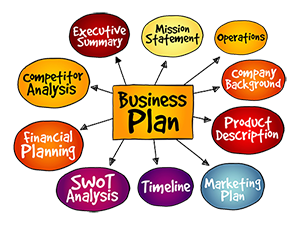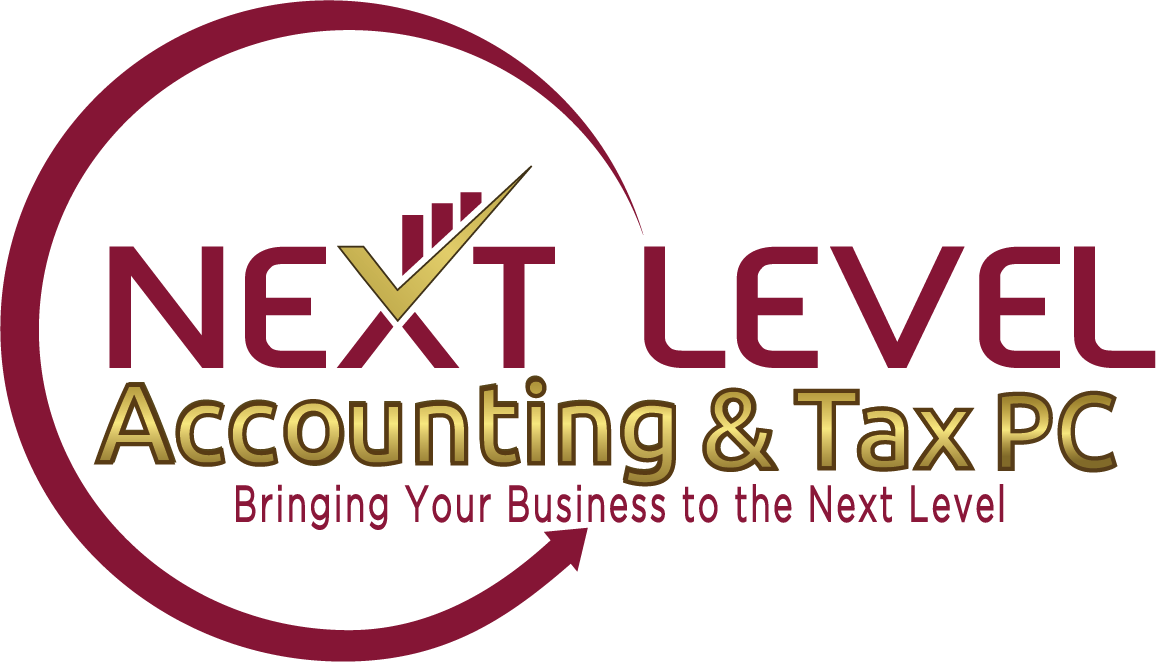Your Business Plan: You’re Up And Running — Now Where Are You Headed?
 Business Plans are a Necessary Evil
Business Plans are a Necessary Evil
Business plans are frequently created in the start-up stages of a company, then ignored after it is up and running. Your business plan should serve as a guideline for all of your business activities, whether you are in your first year or your tenth.
While the early months and years are often dedicated to setting up operations, finding new customers and marketing your products and services, there is still important work to be done after all the excitement dies down. You can use your business plan to help you make smart financial decisions that will allow your company to grow. Imagine how a well-formed plan can help you make the following decisions:
- Buy or lease – Whether it is property, vehicles or office equipment, having a strong understanding of the financial health and direction of your company can help you decide whether to make these types of investments or to save your cash for other business needs.
- Tax planning – Have you implemented the best retirement plan strategy? Does your company donate to charities? Do you take advantage of all the tax credits and tax-free benefits available? Smart tax planning can save your business a lot of money in the long run.
- Change of entity – The decisions you make now concerning your business structure can affect your tax liability in the future. Perhaps switching from a C Corporation to an S Corporation would make better financial sense for you and your shareholders.
- Hiring – Can you afford to hire new full- or part-time employees? Have you factored in all of the costs associated with a new hire?
- Investors – It’s not only start-ups that require capital. Having a solid plan will make your business more appealing to investors, and may also make it easier for you to obtain a bank loan, if necessary.
- Selling – A sale is a common exit strategy, and sometimes even the ultimate goal.
